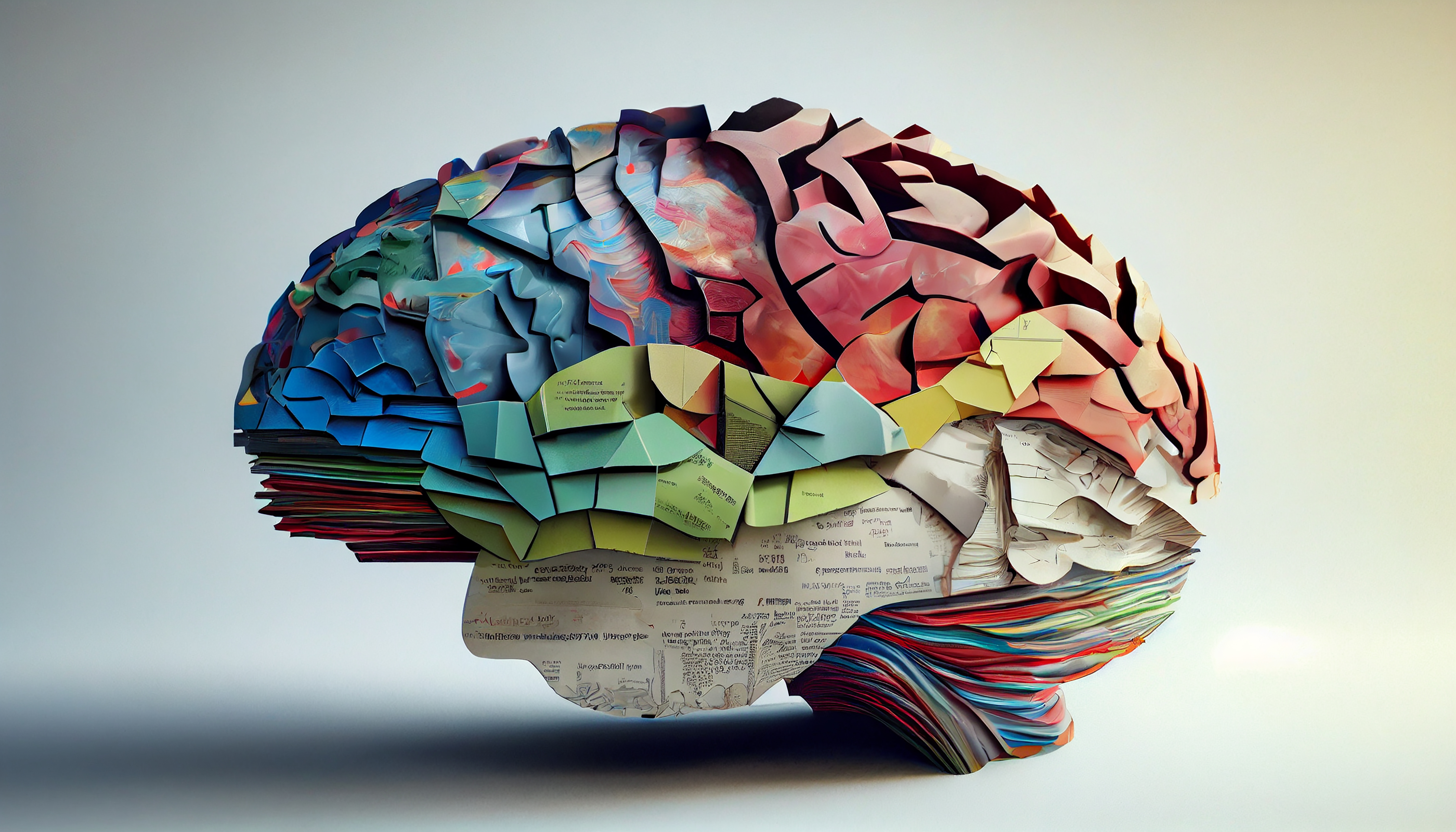Mental Health issues can affect anyone, regardless of age, race and economic or social class and, due to demographic and lifestyle factors, these are expected to rise. Here are 10 lesser known facts about mental health and well-being you may know nothing about.
The majority of mental health issues are NEITHER severe nor permanent.
Whereas mental health tends to be associated with severe mental conditions, the term refers to a spectrum going from good health to severe illness. In fact, the World Health Organization defines mental health as “a state of well-being in which an individual realizes his or her own abilities”. The largest proportion of mental health issues are actually neither severe nor enduring but commonly mild to moderate short-lived mental health conditions.
Global prevalence figures show that depression affects an estimated 300 million people worldwide and anxiety disorders concern almost 4% of the world’s population. These two conditions constitute the bulk of mental health problems.
Gender matters in the prevalence of mental health disorders
Figures show that depression, anxiety, eating and bipolar disorders are, on average, more prevalent among women, whereas schizophrenia and drug use disorders typically tend to be more common in men.
Diet impacts mental health in more ways than one
It has long been recognized that people’s state of mind has an influence on their eating behavior. Conversely, there is growing evidence that food not only impacts well-being but also the prevalence of some mental illnesses (depression, Alzheimer’s, etc.). For instance, populations on a Mediterranean diet have a 33% lower risk of suffering from depression.
The gut’s microbiota also seems to play a role as it impacts our well-being and mind health through the gut-brain-axis. A lack of a specific bacteria can, for example, be correlated with depression symptoms.
Sleep deprivation wakes up depression, in societies where people sleep less overall
With modern lifestyle habits, the time people dedicate to sleep is shrinking. Sleep is what determines overall health and well-being. Sleep deprivation is associated with many chronic diseases and conditions such as type 2 diabetes, heart disease, obesity and depression.
About half of all cases of mental illness begin by the age of 14, and 75% of them develop before the age of 25
According to estimates, 10% of children and teenagers suffer from a clinically diagnosable mental illness, one of the leading causes of disability in young people. About half of all of these mental illness cases begins by the age of 14.
Given its serious consequences in adult age and the positive outcomes of early treatment, addressing mental illness in young people is central to providing better livelihoods.
There is a strong correlation between social status and the development of common mental disorders
Studies show that the more unequal societies are, the more likely they are to suffer a wide range of health challenges – dependence habits, chronic diseases, self-isolation – and also social issues – reduced life expectancy, higher infant mortality, poor educational achievements, lower social mobility and increased levels of violence.
Accessibility to mental health treatment is widely dependent on a country’s economic development level, so income inequalities also result in a larger number of untreated mental disorders.
Burnout could cost more than just your mood
As the health consequences of stress become increasingly recognized, work conditions have become the subject of close scrutiny. Burnout (physical or mental exhaustion), boreout (boredom resulting from mental underload) and brownout (disengagement resulting from loss of meaning) are mental health conditions directly related to the workplace.
The World Health Organization classified burnout as a clinical syndrome brought on by chronic workplace stress in May 2019. This may be the first step before it is fully recognized as an occupational and work-related disease. The stigma surrounding burnout is gradually weakening and its prevalence is now reported in all areas of society.
Your Instagram account may be harmful for your mental health
While the modern world is supposed to be increasingly open and connected, the feeling of loneliness persists. Social isolation – as a state of near or complete lack of contact between an individual and society – acts as a particularly significant catalyst in increasing the risk of mental disorders.
Contrary to the initial promise made by the major social platforms, social media can in fact exacerbate the feeling of loneliness rather than connect people with new friends: according to one study, for every 10% rise in negative experience on social media, there was a 13% increase in loneliness. Furthermore, due to their intensive use of social media, the under 25-year-old population is more susceptible to social isolation, cyber-bullying and withdrawal.


